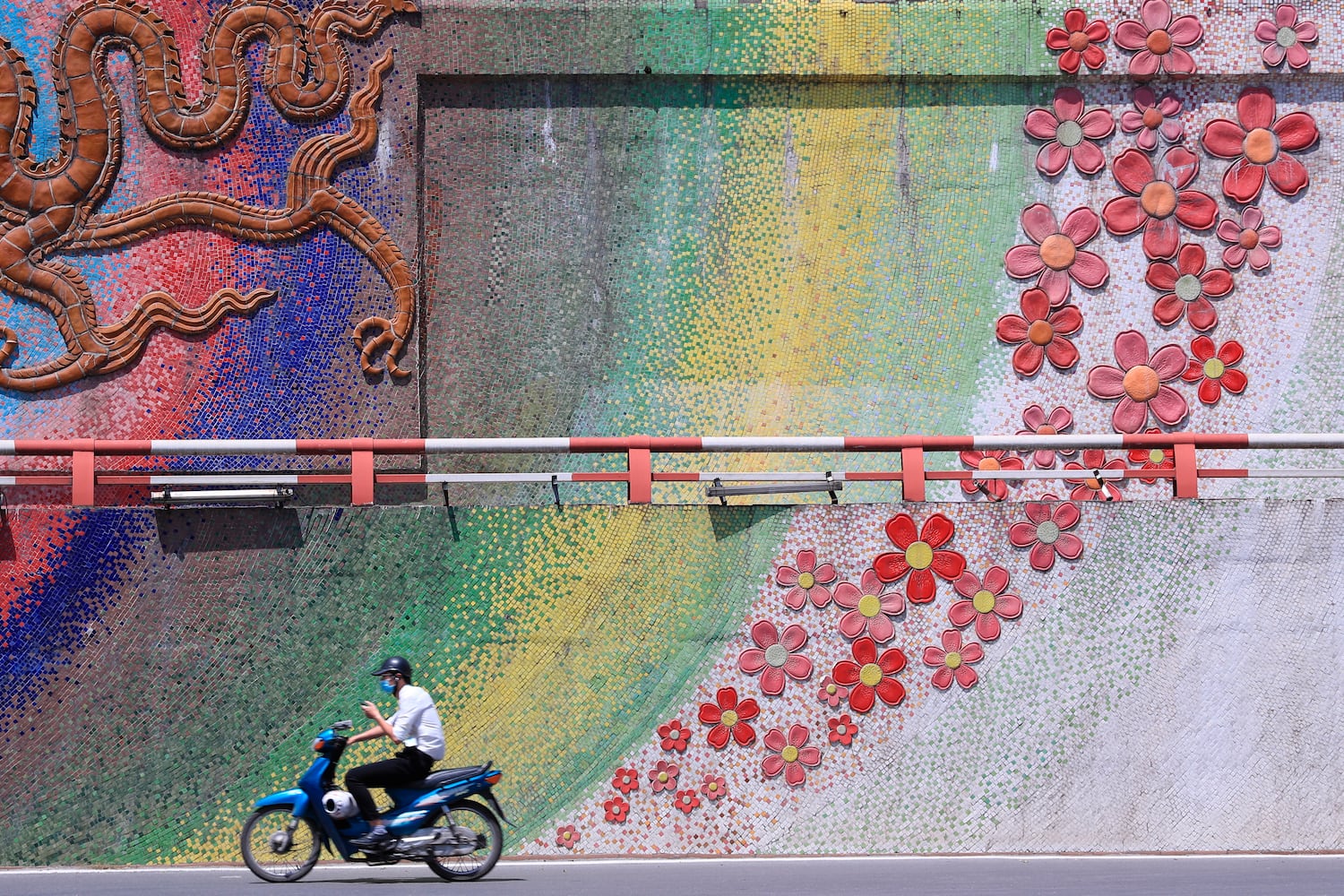Vietnam will ban fossil-fuel-powered motorcycles and mopeds in the heart of Hanoi starting in July 2026 in an effort to reduce air pollution, state media reported on Monday, curbing the main mode of transport for many of the city’s 8 million residents.
Issued by Prime Minister Pham Minh Chinh, the directive applies to the area within the main ring road around central Hanoi, home to much of the city’s business activity. The city has nearly 7 million motorbikes and a million cars.
Some residents say that the move will disproportionately impact low-income residents.
“It will affect people who rely on motorbikes to earn a living,” Nguyen Van Hung, who has spent three decades driving a motorcycle taxi and now works with Grab, a ride-hailing app used widely across Southeast Asia, told the Associated Press. “How can people just discard their vehicles?”
Others said that the timeline for the change was too aggressive to make financial sense for residents.
“The life cycle of a car lasts for several decades, not just a few years or a few months,” Pham The Anh, an economics professor, wrote on his personal Facebook page. “The policy roadmap must be announced long enough before being applied so that people can proactively choose” their mode of transportation.
The Vietnamese government aims to replace gas-fueled motorbikes with electric vehicles in what it says is an effort to cut pollution and tackle climate change. Local EV maker VinFast holds nearly a fifth of the market share, according to the European Chamber of Commerce, but its share of the two-wheeler market is still small.
A second phase, set to begin in January 2028, would expand the ban’s geographic area and include some gas-powered private cars.
Includes reporting from the Associated Press.

